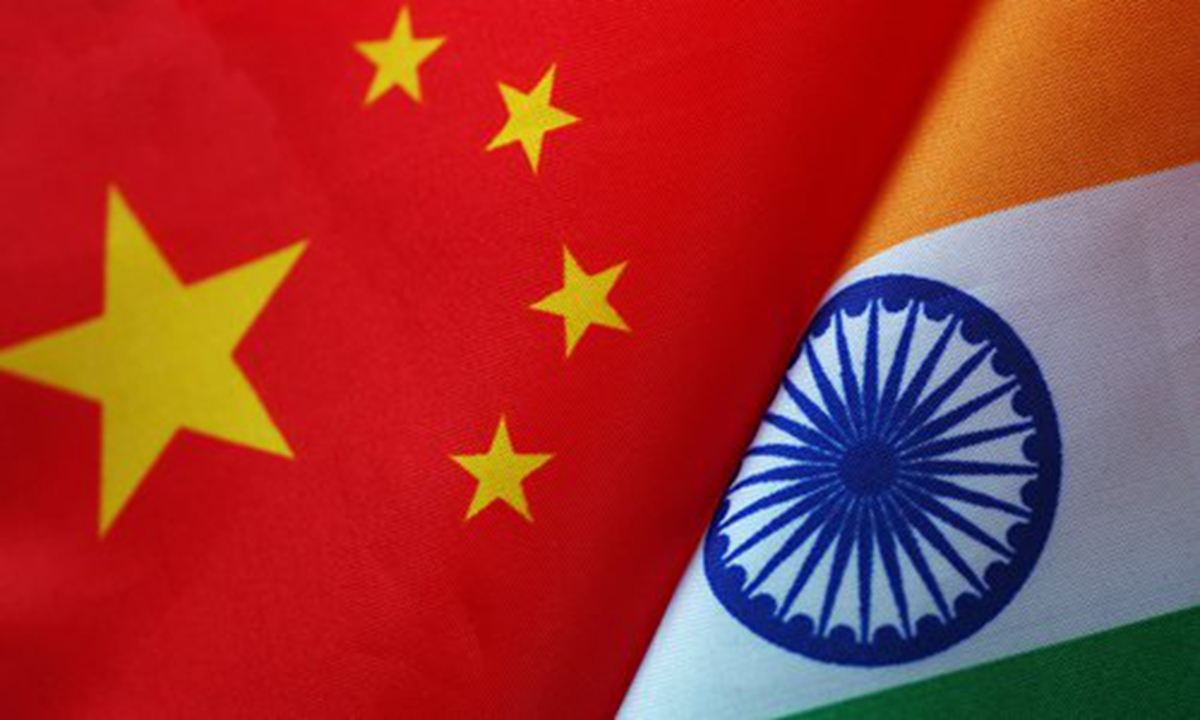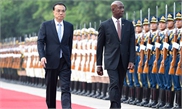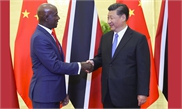
File photo
Chinese Foreign Ministry Spokesperson Hua Chunying said on Wednesday that China and India have taken actions to ease tensions along the border in accordance with the consensus reached between the two sides. Some observers hailed the official statement as a clear sign that the recent border standoff between China and India is de-escalating.
To a certain extent, the relaxed border situation will give both countries greater flexibility on future economic and trade exchanges, which is in line with the interests of both sides. If the tensions persist or even escalate into a conflict in a worst-case scenario, there would be little room for maneuver in China-India relations. And considering the impact of politics on the economy and business circles, bilateral trade would inevitably suffer amid rising anti-China sentiment in India.
So far, it seems everything is moving toward a positive direction, pointing to the increasing possibility of de-escalation in the border situation. That means the room for bilateral economic and trade cooperation will be expanded in the future, which will offer much-need breathing space to the already crippling Indian economy.
More than ever, the Indian government needs to focus its attention on its domestic issues such as the ongoing coronavirus pandemic and locust attacks. Failing to contain the spread of the virus, weeks of nationwide lockdown have stagnated the country's economy. The unemployment rate in urban India hit 27 percent in mid-May, according to the Centre for Monitoring Indian Economy. The Organisation for Economic Co-operation and Development even estimated in a Wednesday report that the Indian economy could contract by as much as 7.3 percent in fiscal year 2021. Moreover, further locust swarms are likely to attack India in the near future, which are expected to put extra pressure on food supply and need to be taken seriously by the Indian government.
When the border dispute is eased between China and India, bilateral economic and trade ties are expected to return to normal. However, it is worth noting that the global geopolitical situation has become more complex as China-US relations are on the brink of a new Cold War and Australia and India have just formed a comprehensive strategic partnership. At this juncture, India faces increased geopolitical pressure and temptation. India has long adhered to the non-alignment principle in its foreign policy. It remains to be seen whether India will continue to maintain its diplomatic independence or lean toward the US-led allies amid the changeable geopolitical environment.
If the Modi government chooses to make friends with China, then China-India economic ties will surely see more growth potential. But if India joins the US in confronting China, China will not hesitate to protect its own interests, whether political or economic. And the cost of losing China's friendship will be too high for India to bear.


